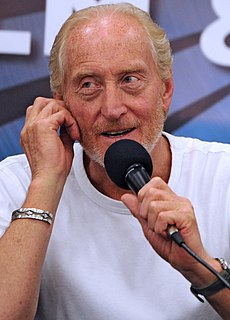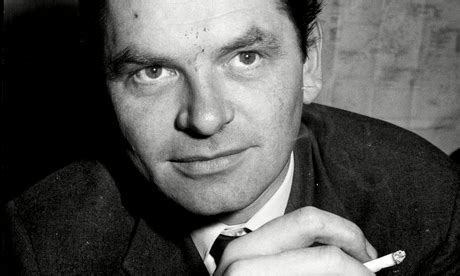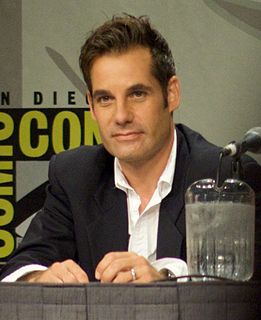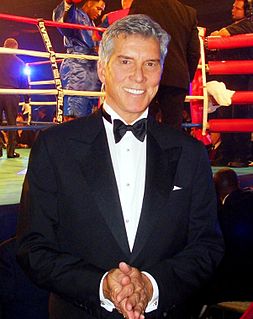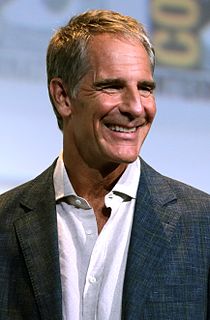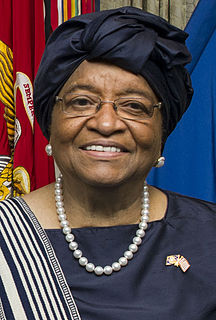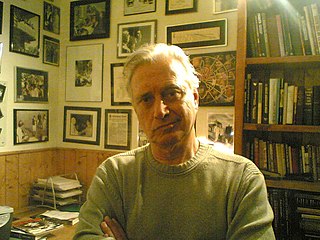A Quote by Jerry Lewis
Commercial television has underestimated the intelligence of the public.
Quote Topics
Related Quotes
It's no accident that Julia Child appeared on public television - or educational television, as it used to be called. On a commercial network, a program that actually inspired viewers to get off the couch and spend an hour cooking a meal would be a commercial disaster, for it would mean they were turning off the television to do something else.
In the US, commercial interests stole the airwaves early on, before public broadcasters could get a stab at it. And the deal that was made with public broadcasting was, "Okay, we'll allow there to be a handful of public stations to do the educational programming that commercial broadcasters don't want to do, but the deal is they can't do anything that can generate an audience, anything that's commercially viable." Anything they do that could be commercially viable could be considered unfair competition to commercial interests and should only be on the commercial stations.
I think network TV to a large extent has underestimated the intelligence of the American public for so many years now. It's tried to appeal to the lowest common denominator. I think the average viewer is much more intelligent than that and crave a little more complexity and are willing to pay more attention.
I think there's been this long cycle of the big companies making a lot of money by underestimating people's intelligence and people are used to it now. So, they're so used to having their intelligence underestimated that, for most of them, it really isn't worth the bother of paying a little more attention to something that might hit them on a deeper level. But you can't really read people's minds.
We have no regulation of drones in the United States in their commercial use. You can see drones some day hovering over the homes of Hollywood luminaries, violating privacy. This question has to be addressed. And we need rules of operation on the border, by police, by commercial use, and also by military and intelligence use.


